Dr. Les Cook- Making the Best Better
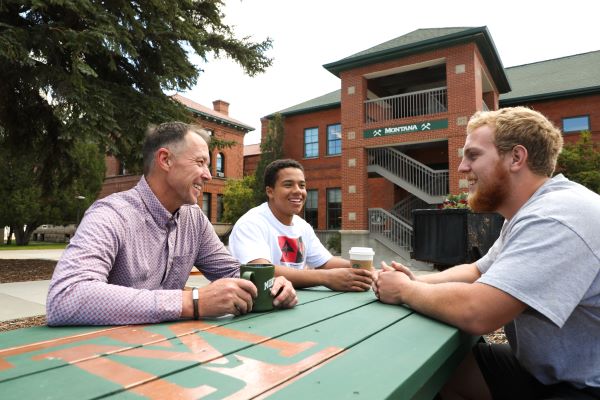
Dr. Les Cook’s journey from a small rural town on the Utah/Nevada border to becoming a leader in higher education is a testament to resilience, dedication, and a lifelong pursuit of excellence. Raised in Ibapah, a community of just over 200 people, Cook’s early years were shaped by ranch life and the values instilled through 4-H. The program provided him with practical skills such as budgeting and public speaking while fostering confidence, independence, and compassion—qualities that would define his career.
“My parents emphasized hard work, and 4-H ingrained in me the constant pursuit of improvement,” Cook reflected. “The 4-H motto,‘To Make the Best Better,’ has resonated throughout my life, serving as a reminder to strive for excellence and seek ways to enhance my skills and contributions.”
A Career Rooted in Purpose
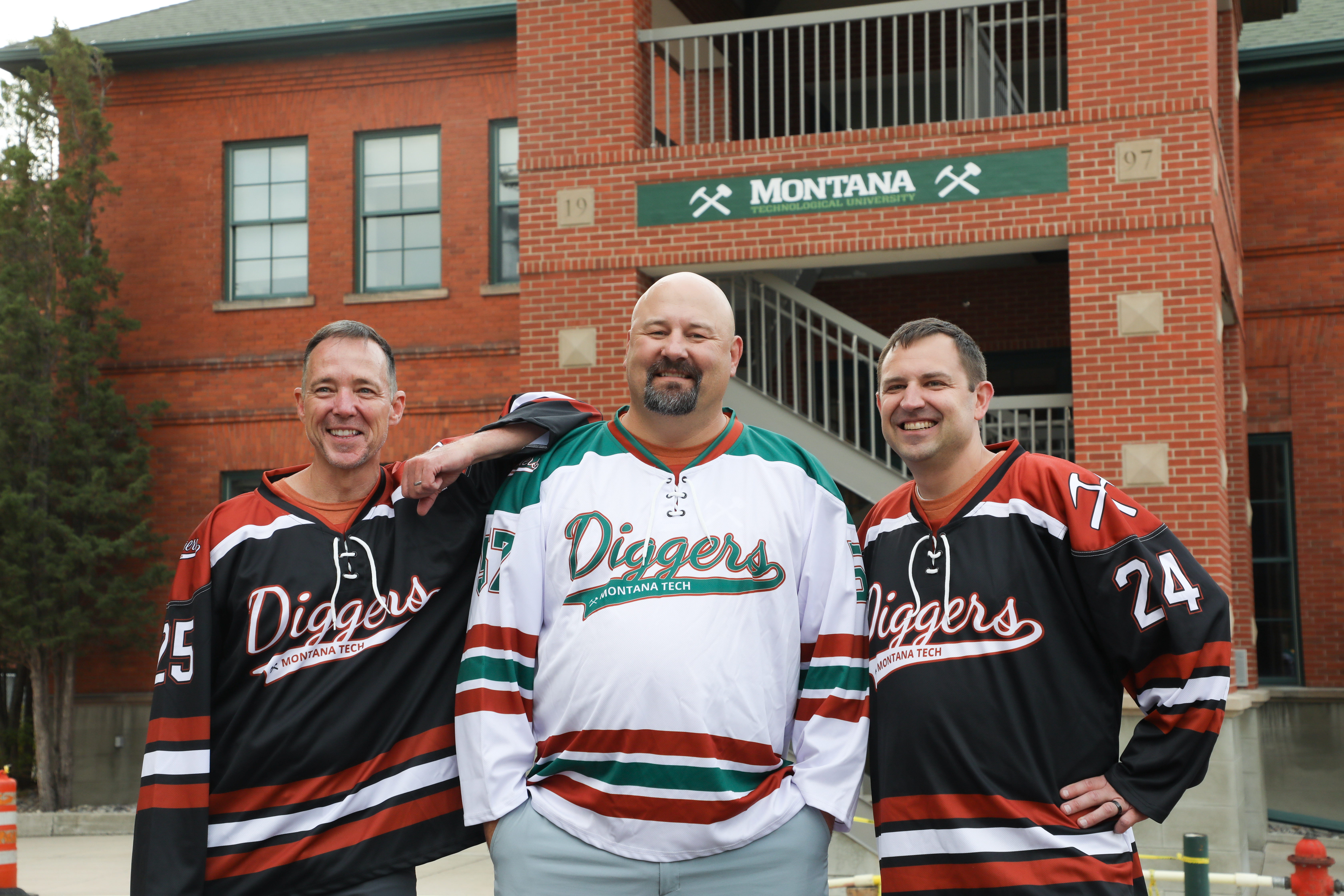
After high school, Cook attended Utah State University, earning a bachelor’s in Political Science and a master’s in Social Science. Perhaps his most serendipitous moment, however, was meeting his future wife, Stephanie, at a fraternity luau. Their paths intertwined after college, and she has been his steadfast partner ever since.
Initially aspiring to become an extension agent, Cook found his passion shifting as he immersed himself in student leadership roles.
“I realized Student Affairs offered a similar opportunity to positively impact young lives, but with a college-aged population,” he explained.
His career took him to institutions such as Salt Lake Community College, the University of Utah, and the University of the Pacific. While pursuing his Doctorate of Education in Educational Leadership at Brigham Young University, he and Stephanie welcomed their children, Cole and Adison. With their father’s career in higher education, they
were raised in the heart of a campus community—an experience that deeply shaped their personal and intellectual development.
Leadership at Montana Technological University
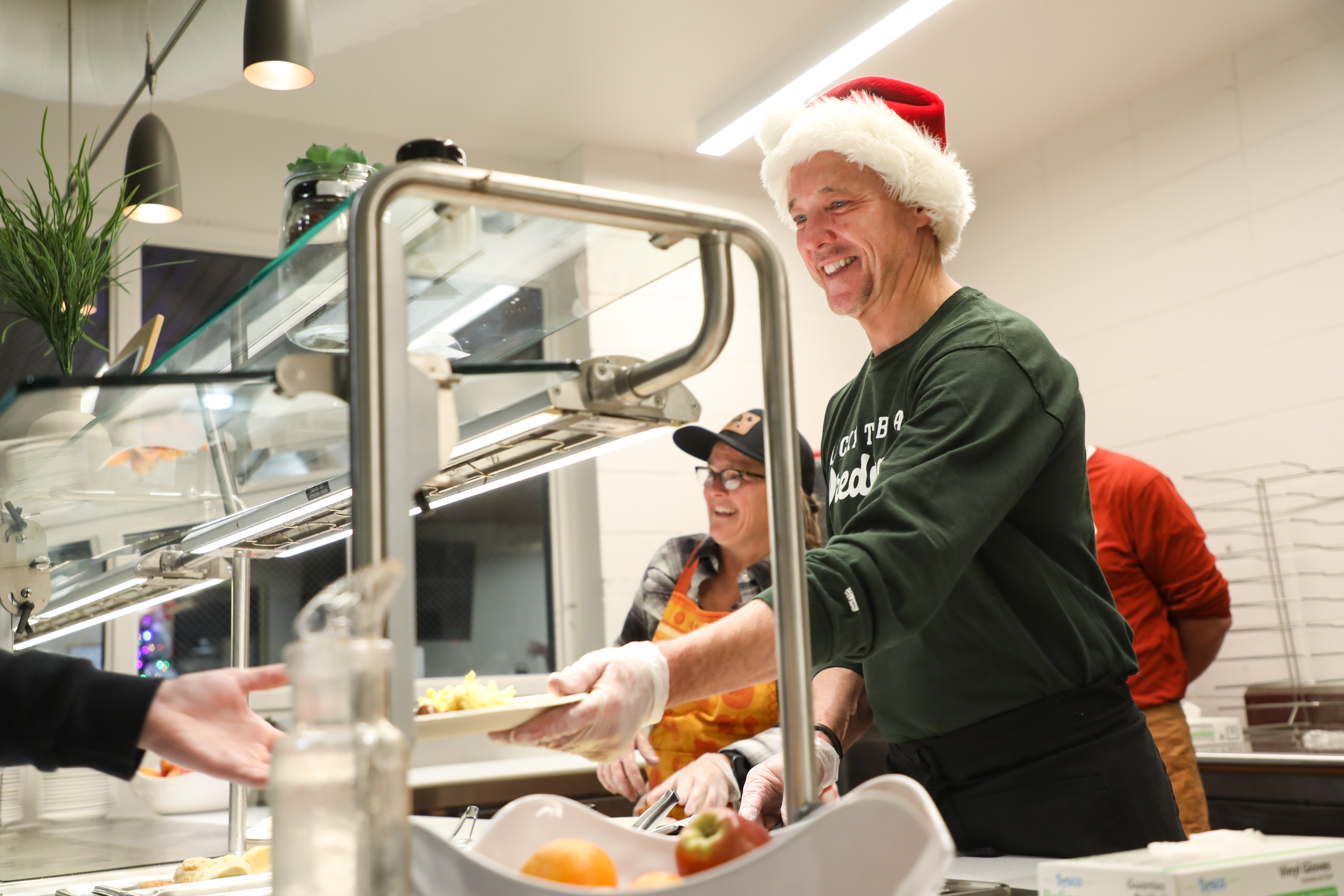
In 2003, Cook and his family moved to Michigan’s Upper Peninsula, where he spent 16 years in leadership roles at Michigan Technological University, including vice provost and dean of students, vice president for student affairs and advancement, and vice president for strategic university partnerships. In 2019, he became the 12th chancellor of Montana Technological University. Though he never envisioned himself as a university president, the opportunity felt right. The people of Butte were incredible, and the mountains and the west were calling him home.
From his first day on campus, Cook has remained committed to student success. Under his leadership, Montana Tech launched transformative initiatives, including a new strategic plan, strategic enrollment efforts, a rebranded campus identity, and a comprehensive campus master plan.
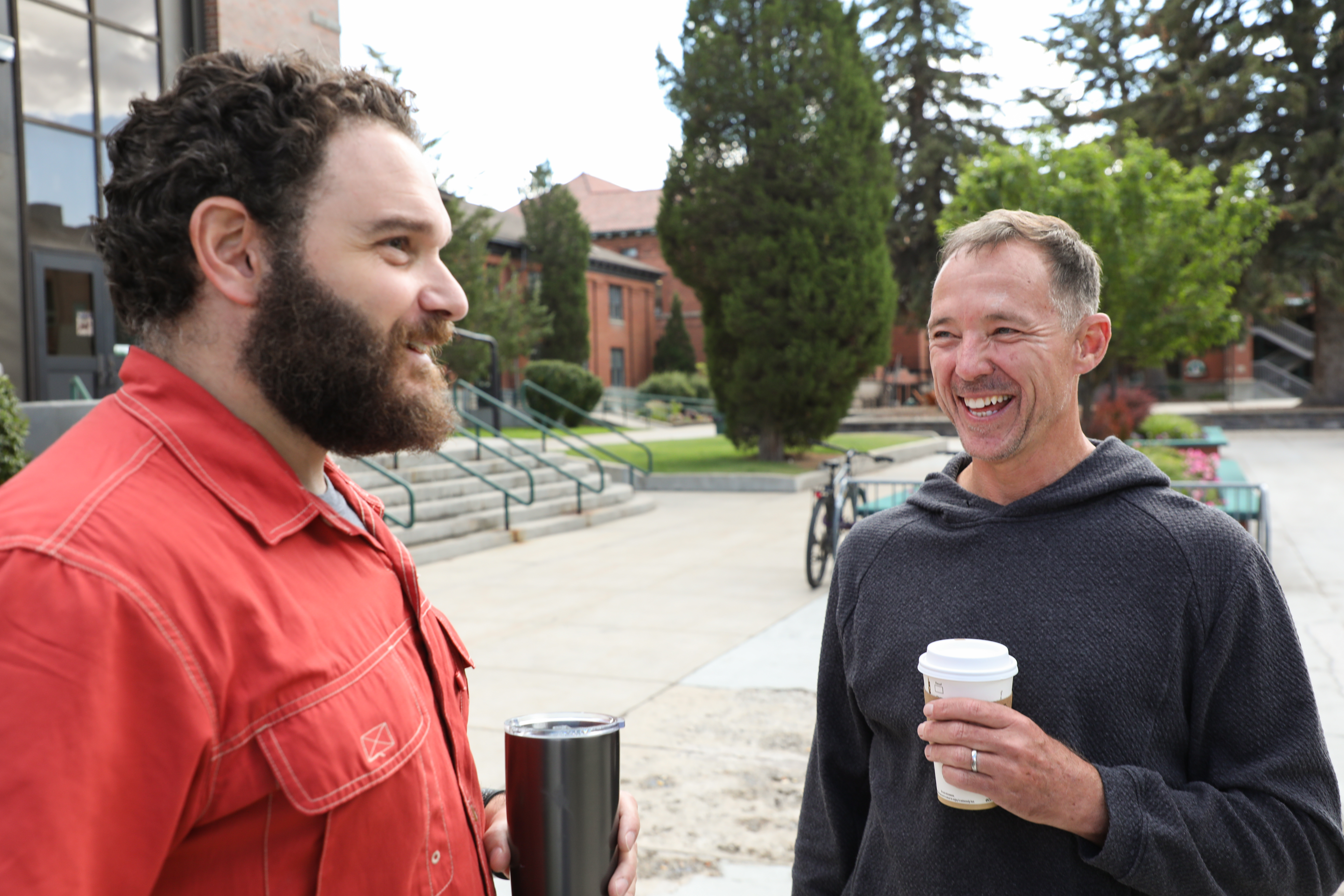
Academic Innovation
Montana Tech significantly expanded its academic offerings under Cook’s tenure. Notable additions include the university’s second Ph.D. in Earth Science and Engineering, a master’s in Restoration Ecology, a bachelor’s in Construction Management, and an Associate of Applied Science in Welding Technology. The Civil and Mechanical
Engineering programs earned ABET accreditation, reinforcing Montana Tech’s reputation for excellence. Additionally, the graduate school secured a $6.2 million grant to develop micro-credentials in extractive technologies.
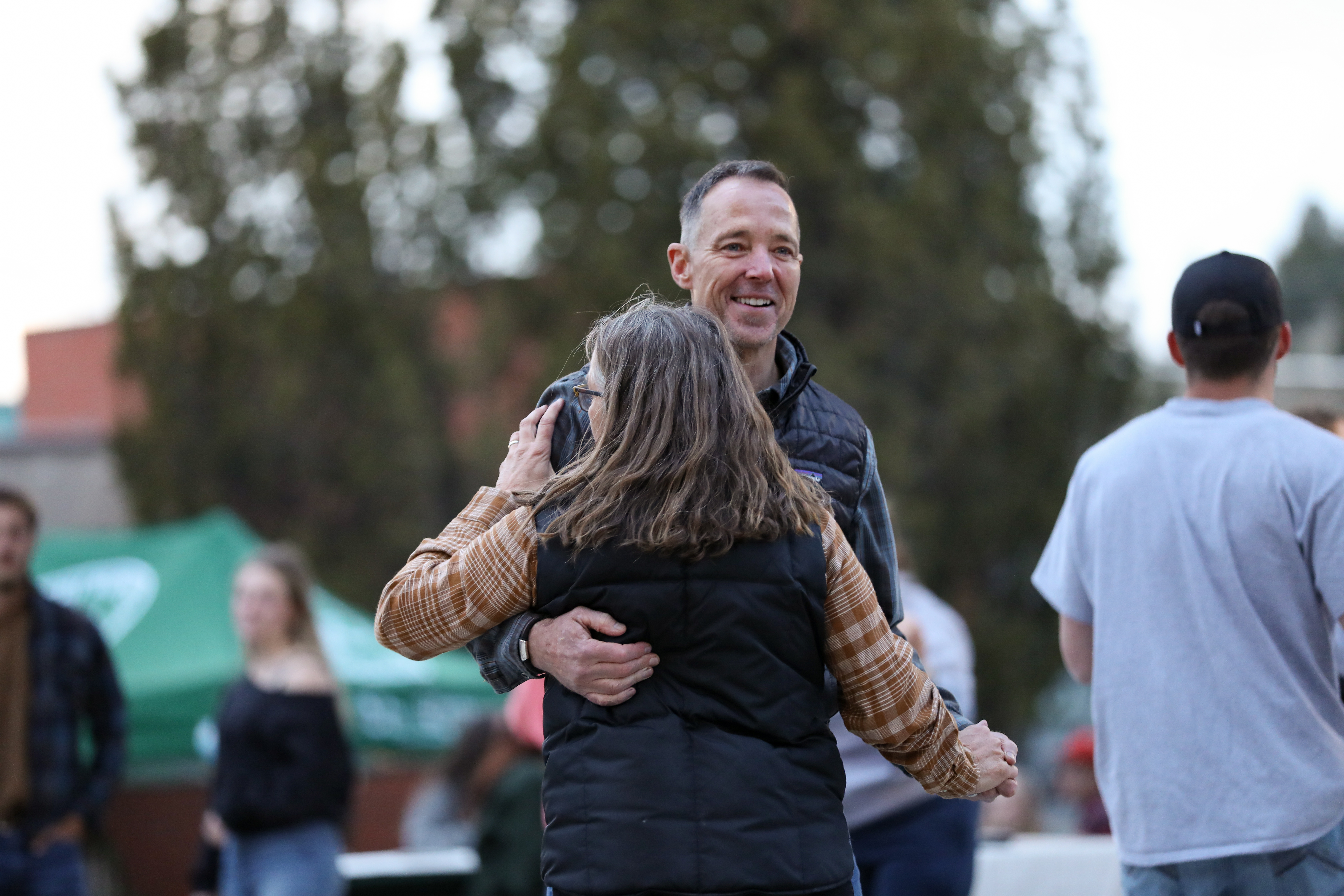
Highlands College also flourished, securing over $1 million in grants to address regional workforce needs and a $5.7 million Strengthening Community Colleges grant to support broadband expansion training programs across Montana. Meanwhile, the renaming of the School of Mines and Engineering to the Lance College of Mines and Engineering and the establishment of the Sherry Lesar School of Nursing further solidified Montana Tech’s
academic distinction.
Transforming Campus and Philanthropic Growth
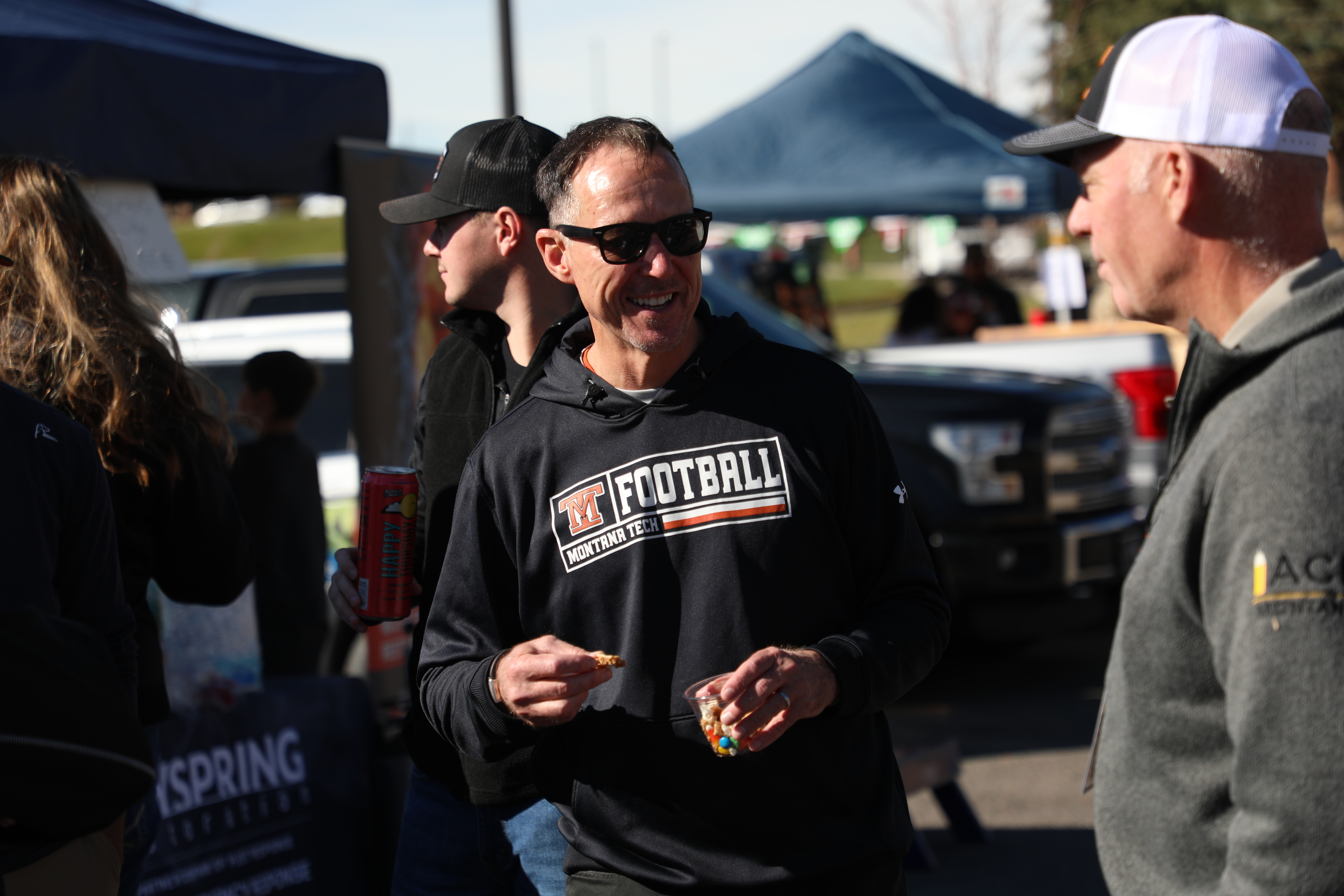
Cook’s time at Tech has been a period of substantial campus transformation through state and private investments. Key projects included the Student Success Center, the Schweitzer Engineering Laboratory Power-Systems Lab, and a $1 million renovation of thedining facility and a comprehensive campus lighting project. A $7 million gift from Dave and Sherry Lesar facilitated the creation of the Lesar Family Nursing Simulation Center, enhancing nursing
education. The university also secured a historic $43 million capital appropriation from the Montana Legislature for Main Hall and Engineering Hall renovations, the largest state funding package in Montana Tech’s history.
Philanthropic support reached record levels, with a $31 million commitment from Ryan and Lisa Lance, which established the Lance Scholars Program, the Lance Energy Chair, and supported Digger Athletics. A $2 million gift from Nucor created an Endowed Distinguished Professorship in Metallurgical and Materials Engineering. Additionally, new scholarship programs expanded financial aid opportunities, ensuring that more students had the
resources to succeed.
Student Success
Student success flourished under Chancellor Cook’s leadership. Academically, six students were awarded prestigious Barry M. Goldwater Scholarships, and the university celebrated its first student Fulbright Scholar. Athletically, Montana Tech achieved remarkable success. The Orediggers claimed 13 team Frontier Conference championships, including consecutive Frontier Conference Bandy All Sports Trophies in 2022–2023 and 2023– 2024. The addition of men’s and women’s cross-country and track & field programs resulted in approximately 100 new student-athletes and five Frontier Conference Track & Field Championships. The men’s basketball team enjoyed a historic season, reaching the NAIA National Championship quarterfinals. Beyond athletics, the university saw success in extracurriculars, with the Heavy Civil and Mining Teams excelling and the launch of the Outdoor Tech program, fostering a vibrant and well-rounded student experience.
Looking Ahead
As Cook prepares for retirement in June 2025, he looks forward to a year of exploration and personal growth. “I’ve told Steph my goal is to take at least one full year off before deciding what’s next. It will likely include cooking and art classes, world exploration, as much skiing as possible, golf, and time with friends and family. After that, I plan to stay active, write, consult, and find meaningful ways to give back.”
Reflecting on his career, Cook expresses deep gratitude for the journey. “The most rewarding part has been making a difference and forming lasting connections. The power of human relationships cannot be overstated.” These meaningful connections extend far beyond campus, shaping his professional growth and impact.
More than 35 years ago, Cook was introduced to NASPA, the leading professional association for student affairs administrators in higher education. Since then, he has remained an active member, benefiting from unparalleled professional development, invaluable mentorship, and unwavering support. The relationships cultivated through NASPA have not only enriched his career but also provided a network of guidance, encouragement, and lifelong friendships.He attributes much of his professional success to the mentors and colleagues who have helped shape his path, underscoring the profound influence of a strong professional community.
He attributes his success to his family, dedicated colleagues, and remarkable students. “My achievements are inextricably linked to the unwavering support of my family, the exceptional dedication of faculty and staff, the brilliance of our students, the loyalty of alumni, and the vibrant engagement of our community. Concluding my career in Butte feels fitting—it’s a place rich in spirit and opportunity.”
As he departs, Cook hopes to be remembered as a caring, studentcentered leader. “The people and daily interactions are what I’ll cherish most. Celebrating student successes alongside faculty and
staff has been the most rewarding part of my career.”
After four decades of service across seven institutions, Chancellor Cook leaves behind a lasting legacy of excellence. As he embarks on his next adventure, one thing remains certain—his commitment to
making the best better.